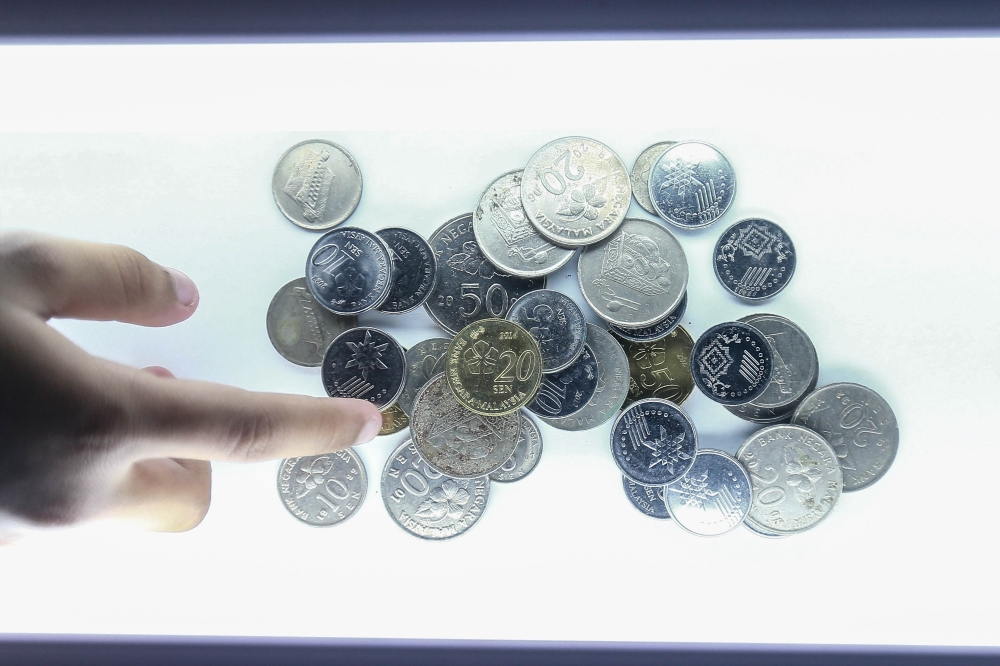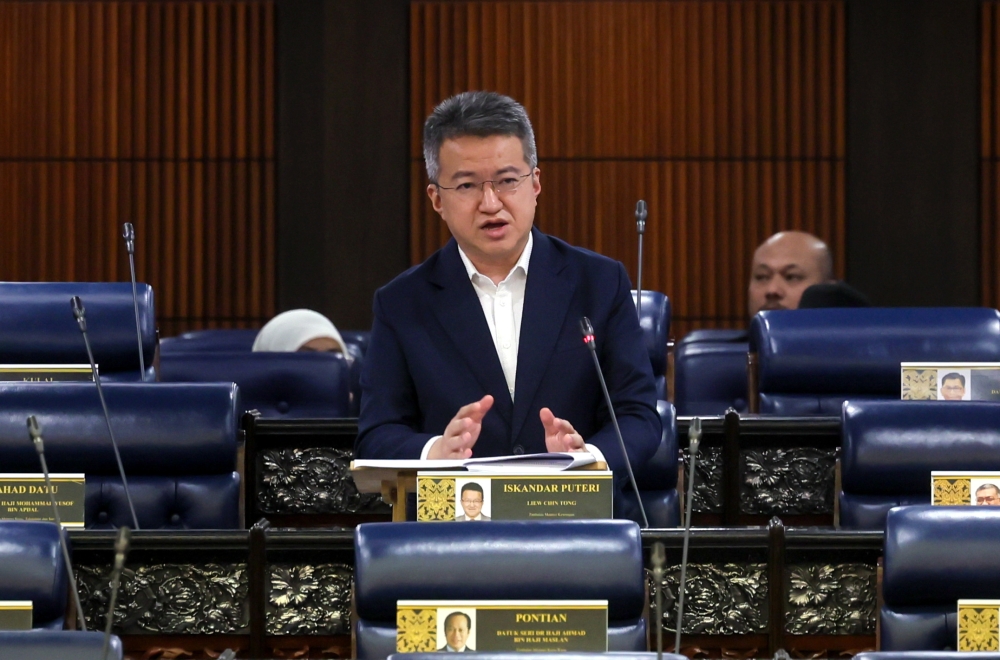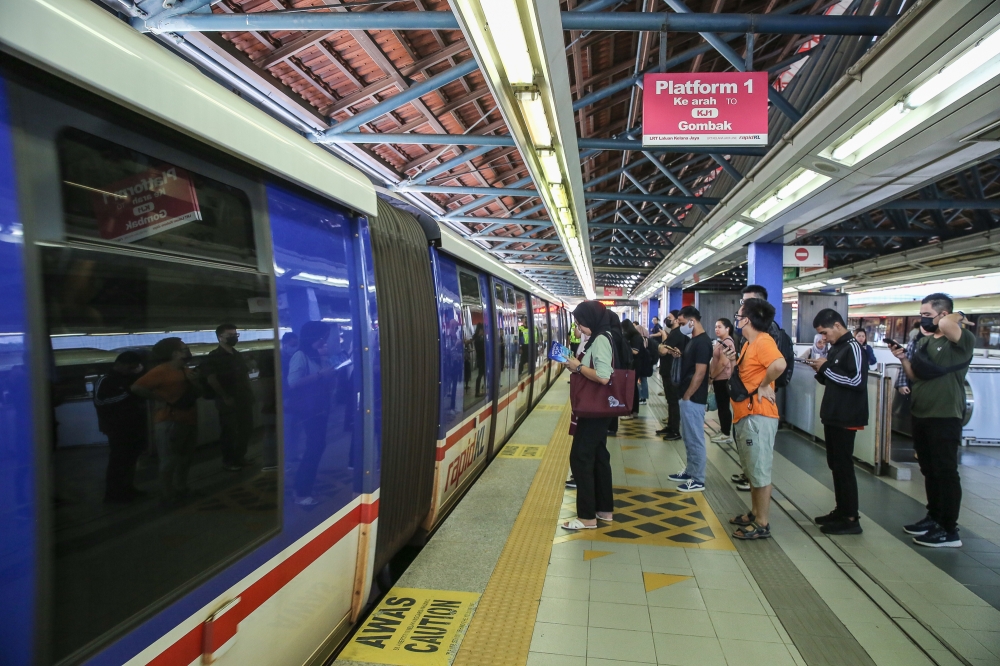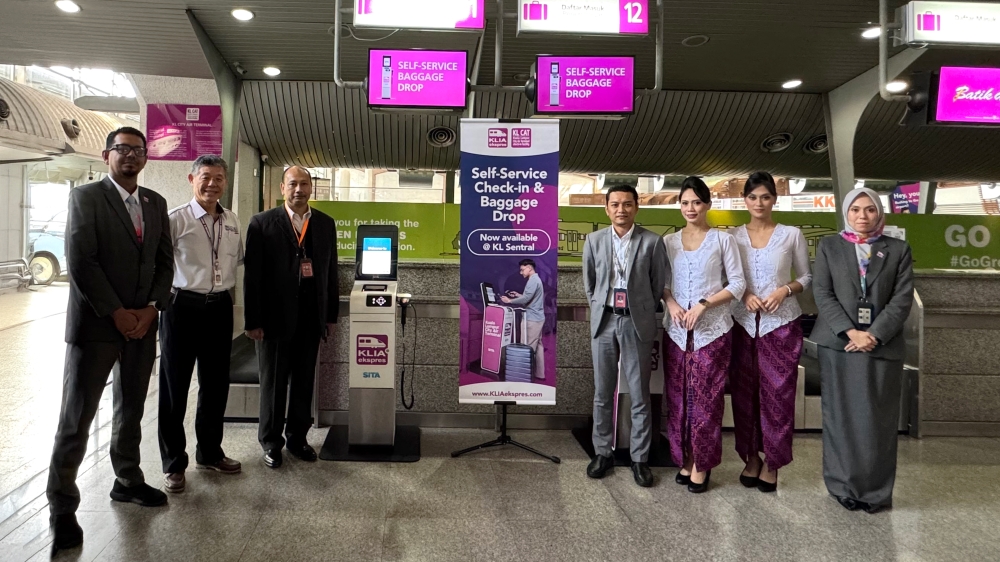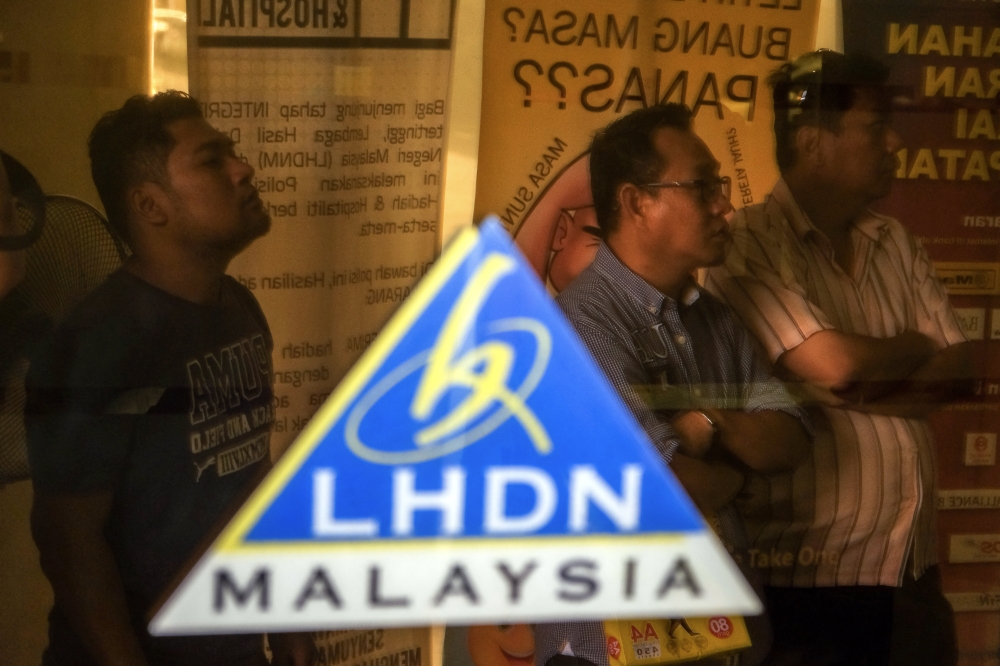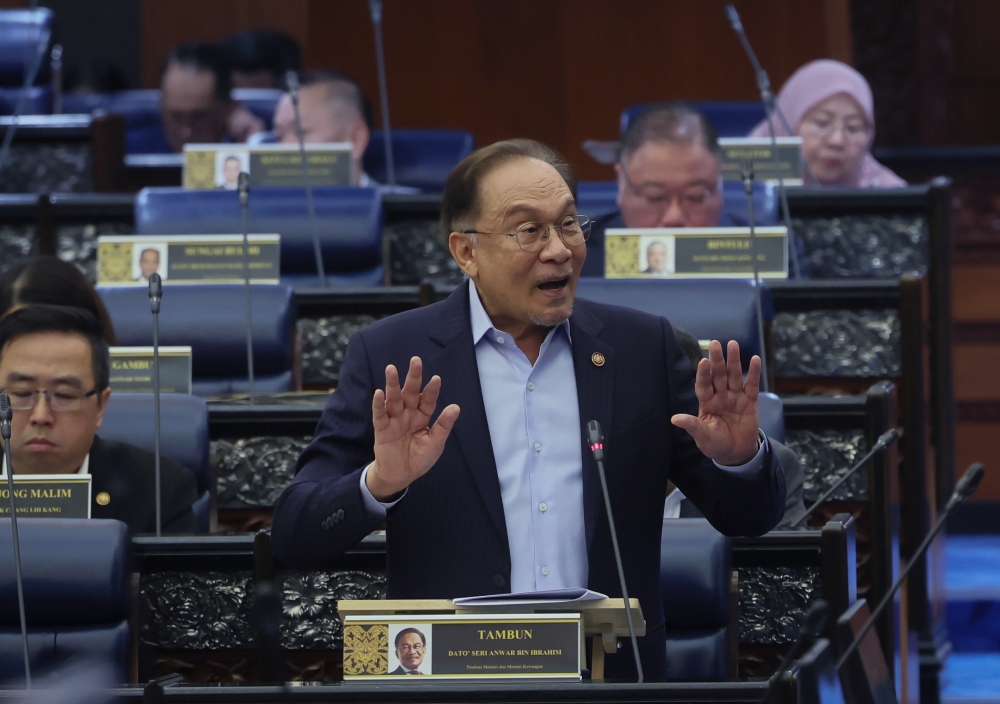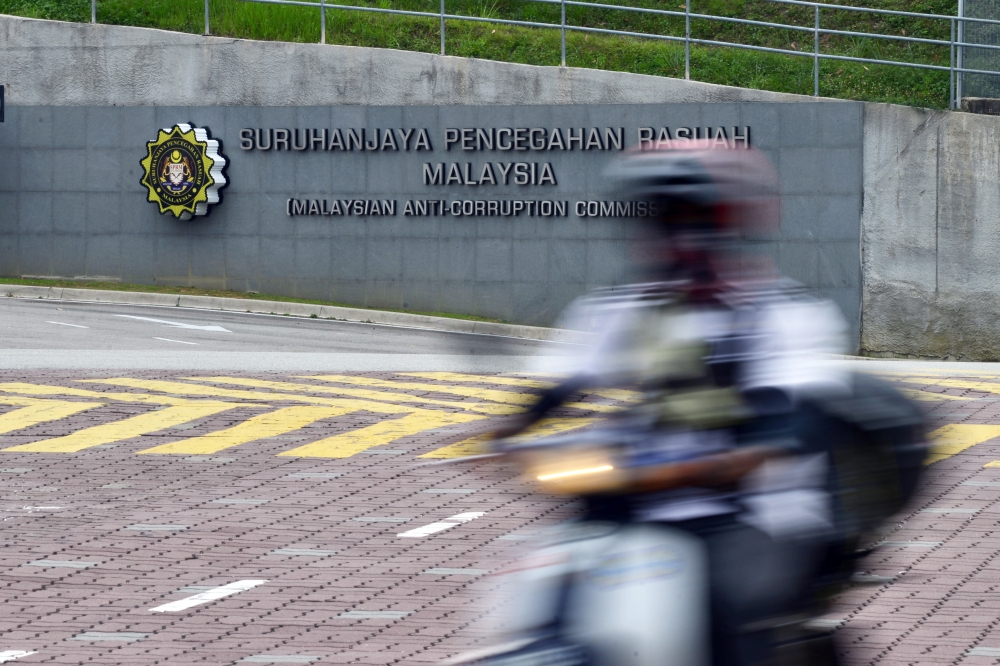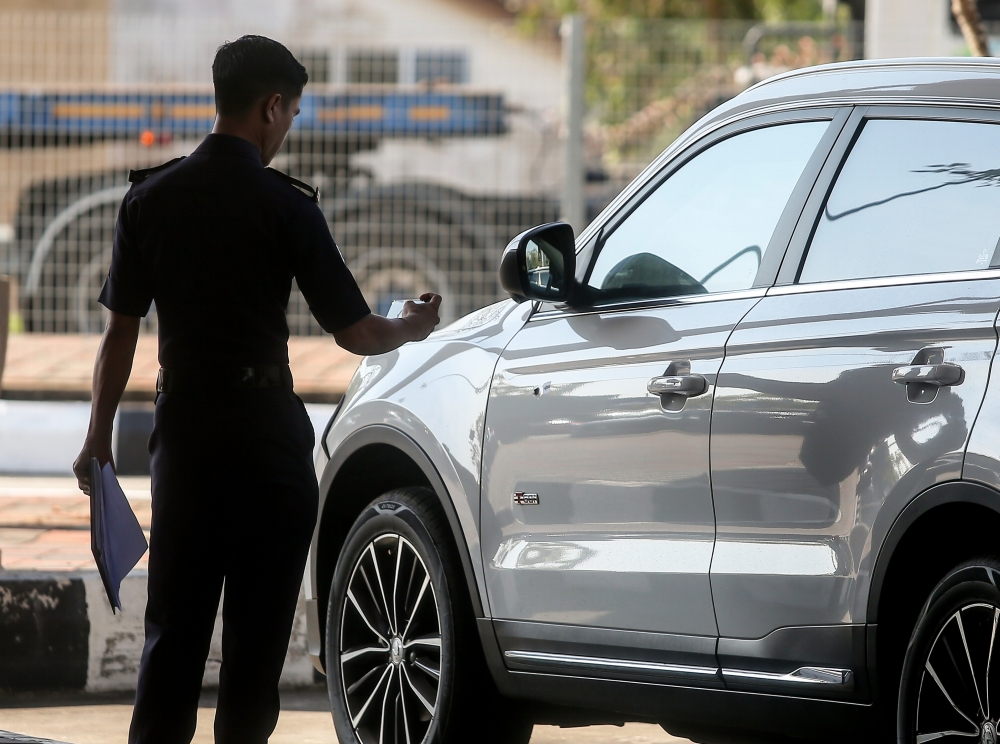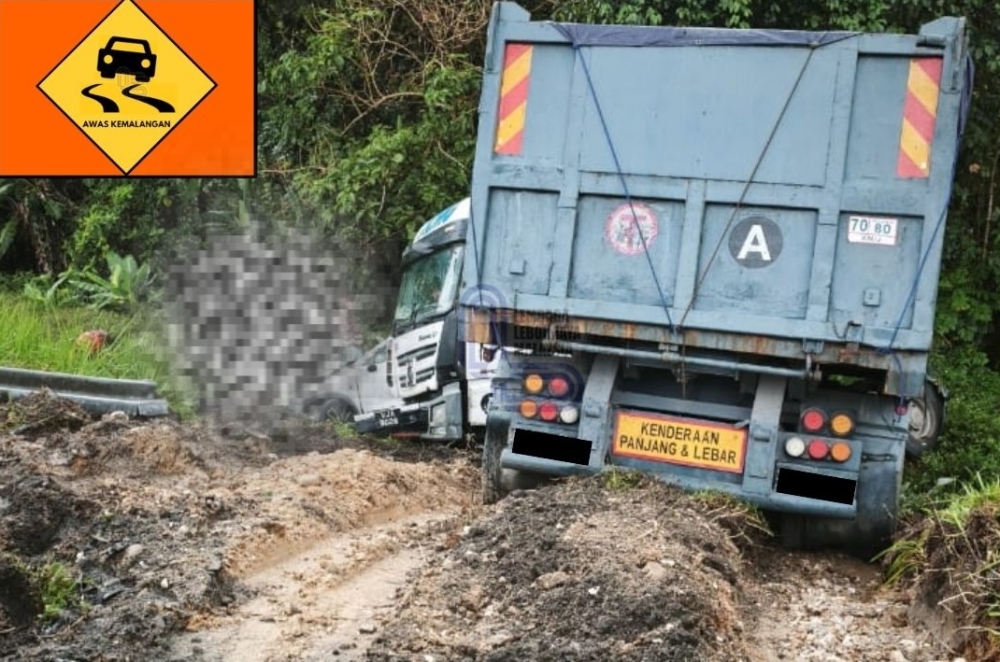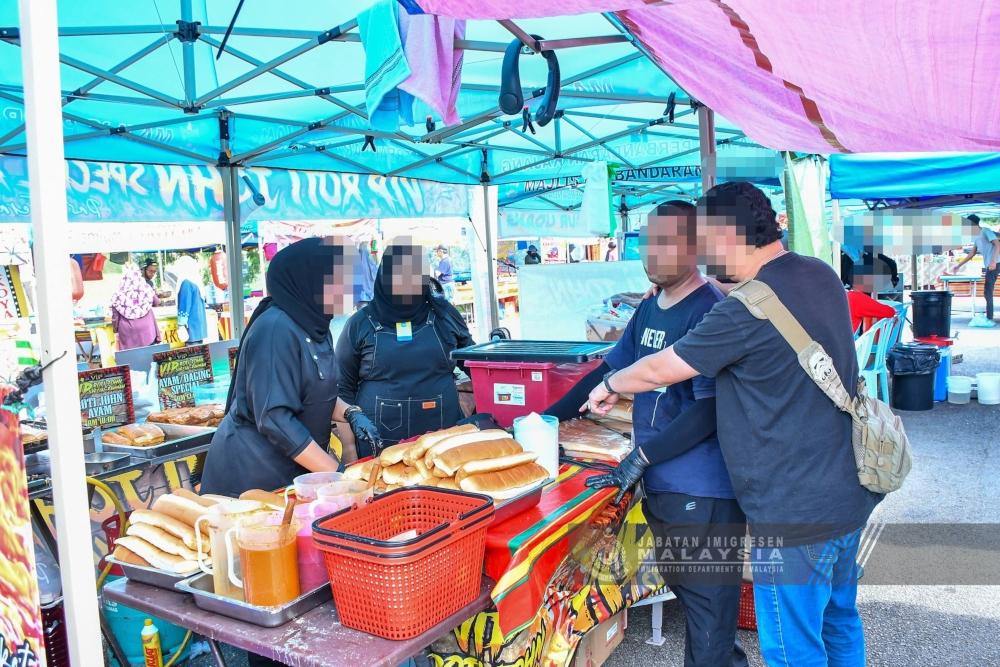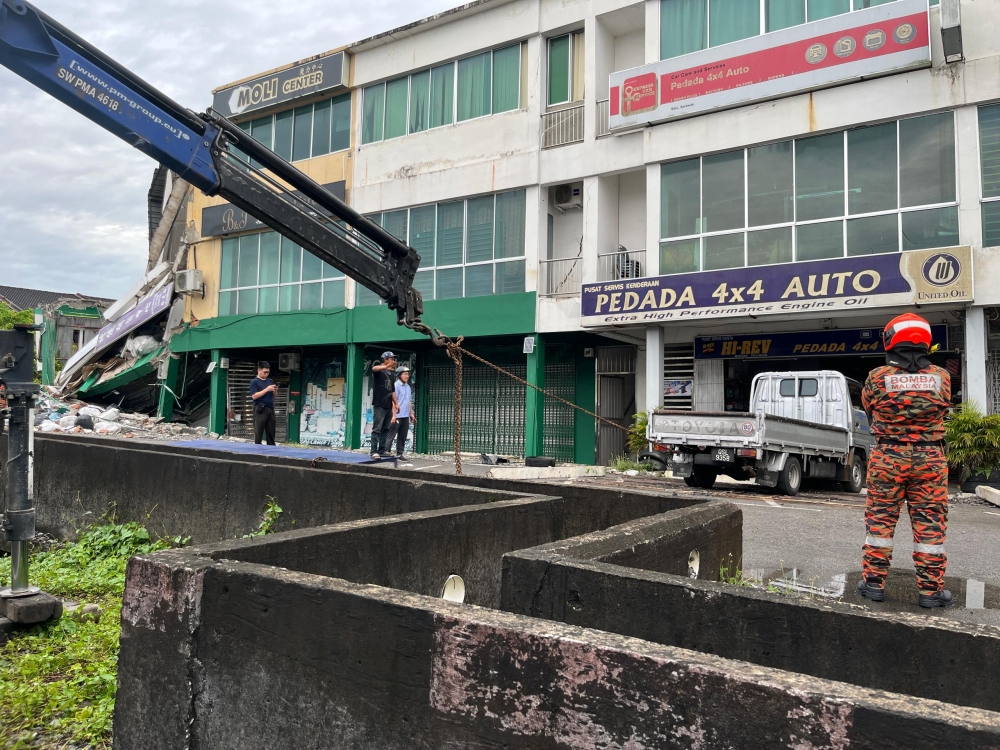GEORGE TOWN, July 21 ― Penang’s tourism industry will suffer a backlash from the mushrooming of trinket shops, high-end cafes and illegal hotels within the Unesco world heritage enclave of its capital city, the George Town Heritage Action Group warned today.
Its co-founder Joann Khaw further warned the state government that such activities will hurt Penang’s economy as spending tourists, seeking to experience its unique culture and heritage, will be put off by what she described as the “Disneyfication” of George Town.
“We need to look at the negative impacts of what's happening now and look at how to improve the situation,” she said in a press conference here.
“If we have an explosion of low-end tourists, the cultural tourists would stop coming,” she added.
“Disneyfication” was the term Khaw used to describe the increasing number of souvenir stalls, high-end cafes and novelty shops opening up within the port city to lure in tourists.
The Unesco cultural heritage specialist guide said cultural travellers traditionally stay longer and also spend more on local trades as compared to “excursionists” or day-trippers who visit George Town briefly, but did not stay there.
“Excursionists” do not benefit the local economy, she said, and reminded the state government and its tourism agencies to focus more on developing activities that can sustain the local trades that still exist within George Town but which are in danger of being halted due to skyrocketing property prices and other related factors.
Khaw listed a number of negative impacts the heritage zone is facing such as bad traffic and pollution from tour buses waiting for tourists at various spots, increasing evictions, rising rent, increase in cafes and illegal guest houses and most importantly, erosion of tangible and intangible heritage.
She said statistics may show tourism has increased, but insisted it did not translate to more business or income to locals such as the trishaw riders or local tour guides.
“Trishaw peddlers and tour guides will tell you that tourism spending is decreasing so their business is very slow for months,” she said.
She also claimed that the state's free tours for tourists had badly affected the local tour guides industry.
She hoped the state will stop “doing everything for tourists” as this is not sustainable tourism and it would badly affect locals, who are the living heritage of the city.
“We must remember, cultural tourists do not want to come here to look at other tourists,” she said.
She said she personally saw a 50 per cent drop in cultural tourists coming to George Town since 2009 and it is bound to drop more if nothing is done now.
She proposed that instead of giving free tours, the state authorities could use the funds to provide tour guide training to improve the quality of guided tours which will in turn bring tourists back.
As for the traffic congestion due to tour buses, taxies and vans parked at tourist spots and blocking traffic, she said proper car parks should be designated for these vehicles.
She also suggested proper guidelines for tourists on bicycles and quadracycles to prevent accidents.
“The number of souvenir shops, cafes and hotels within the historic enclave should be limited,” she said.
As for evictions and rising rent, Khaw said tax exemptions should be given to shophouse owners to retain their long-term tenants and they should also be given grants to restore their houses.
“I know there are kongsis that evicted their long-term residential tenants to rent out their shophouses to tourism-related businesses, this is not good,” she said.
Instead, the kongsis or clan associations that owned many of the pre-war shophouses in the zone should be encouraged to maintain their long-term tenants which will protect the intangible heritage of the city.

